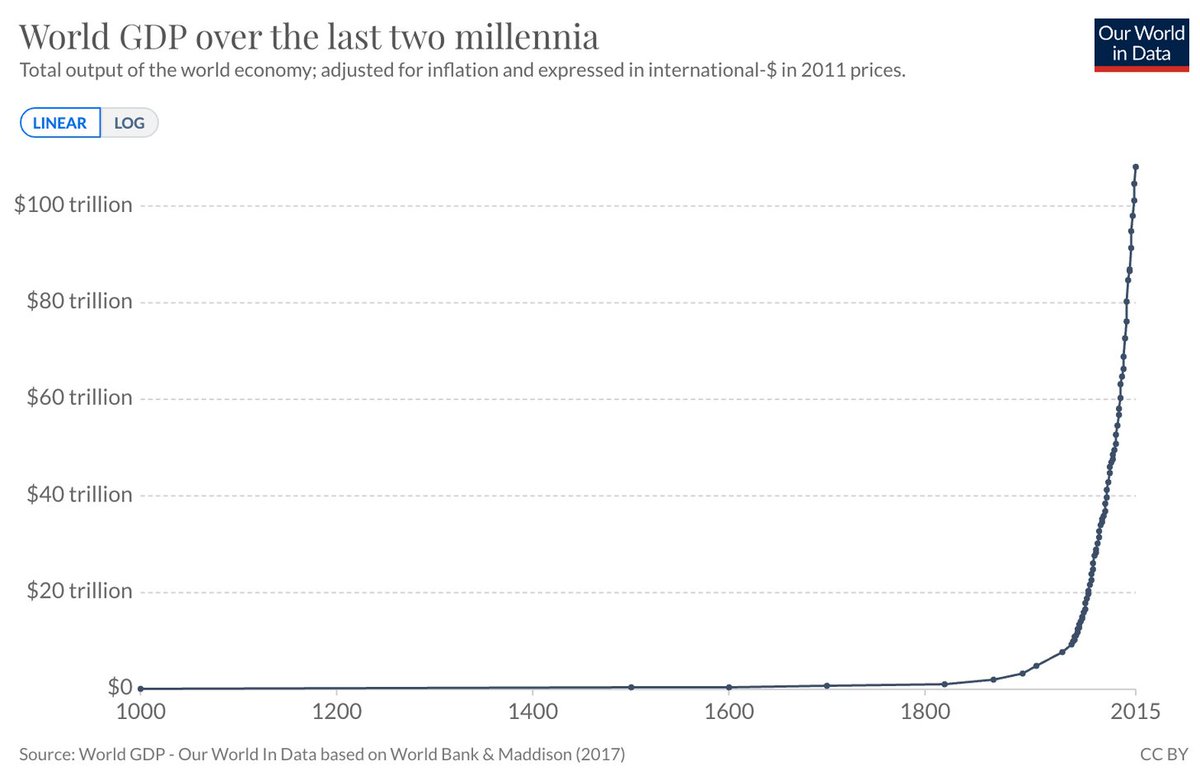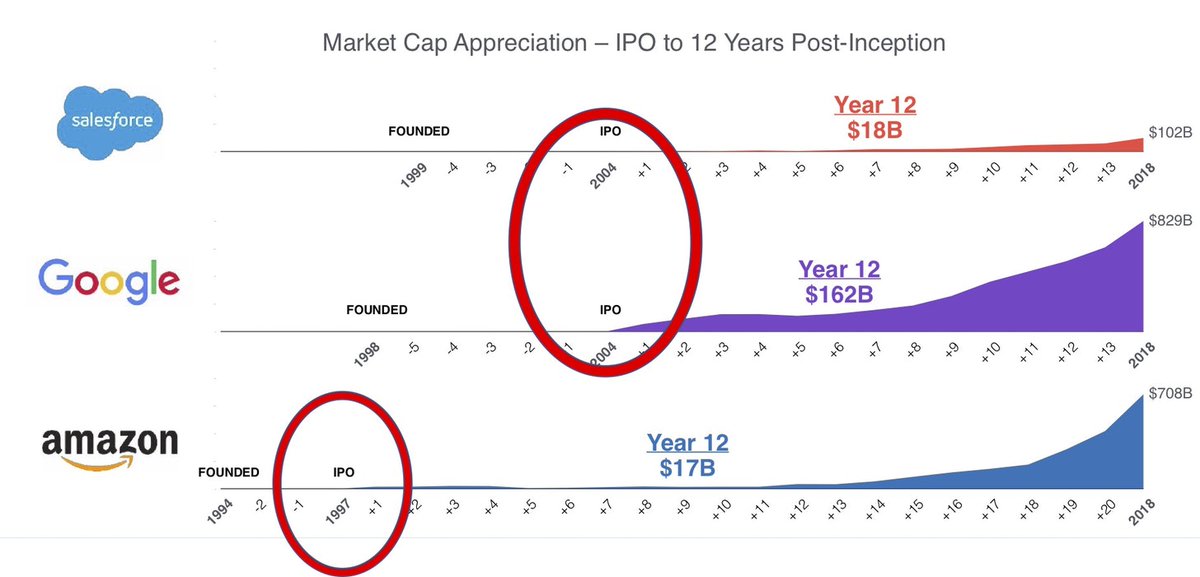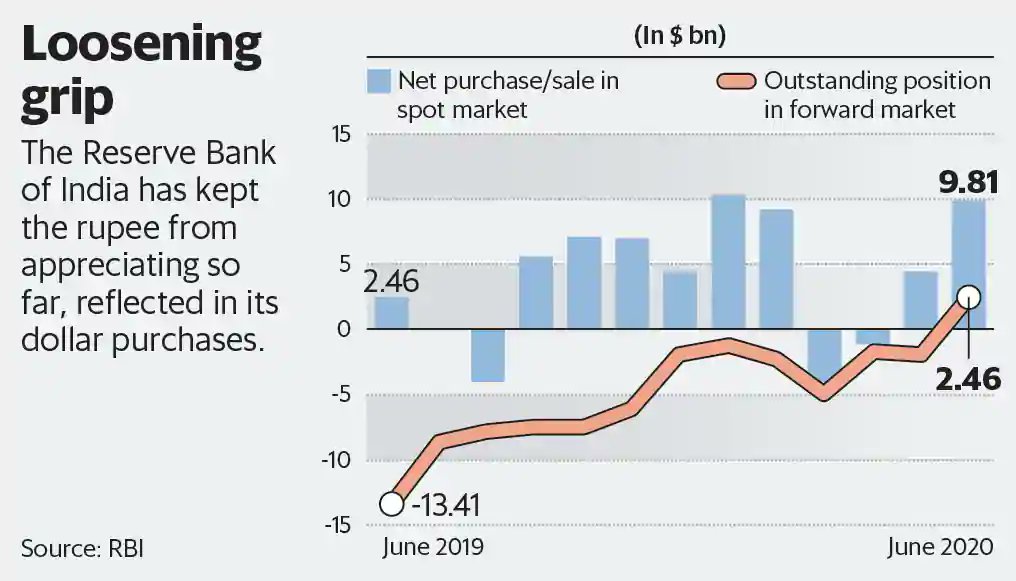Capitalism totally changed that.





SEC: proposed pilot program to allow tech companies to pay gig workers up to 15% of their annual compensation in equity rather than cash https://t.co/EJjLWQatcr
— Jesse Walden (@jessewldn) November 24, 2020
12/ I call these \u201cCrypto Cooperatives.\u201d They are not only going to change the world, but help fix it.
— Ian Lee \U0001f4ad (@ianjohnlee) December 30, 2020
What we need to do as quickly and reasonably as possible however is design them for everyone and the people who need them the most\u2014to build a better world for all.

Social networks of today are Delaware-based digital dictatorships
— Ric Burton \U0001f1ec\U0001f1e7 \u2023 \U0001f1fa\U0001f1f8 (@ricburton) December 17, 2020
We will look back on the billions of minds controlled by them as serfs toiling the digital soil for their masters
We cannot let so much value be controlled by a few dudes running companies in California

91 day TBills at 3.03%. Interest rates are even lower than RBI has them.
— Deepak Shenoy (@deepakshenoy) January 6, 2021

1. As promised.
— \U0001f1fa\U0001f1f8 \U0001d7dc\U0001d7d8\u210d\U0001d556\U0001d552\U0001d555 \U0001f1fa\U0001f1f8 \u2b50\u2b50\u2b50 \U0001f1fa\U0001f1f8 (@40_head) December 2, 2020
A deep dig covering years of research. This is going to take you committing some real time to get through. What's THIS all about?
A coup. Murder. Treason. Laundering gold for Iran...I think it will blow your mind.
Let's discuss the environmental cost of bitcoin. Because despite all the push for sustainable and green investment in the tech sector, there's a giant smoldering Chernobyl sitting at the heart of Silicon Valley which a lot of investors would prefer you remain quiet about. \U0001f9f5 (1/)
— Stephen Diehl (@smdiehl) January 17, 2021
One of the oddest features of the Labour tax row is how raising allowances, which the media allowed the LDs to describe as progressive (in spite of evidence to contrary) through the coalition years, is now seen by everyone as very right wing
— Tom Clark (@prospect_clark) November 2, 2018